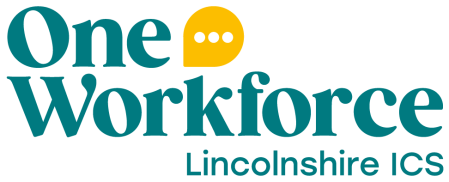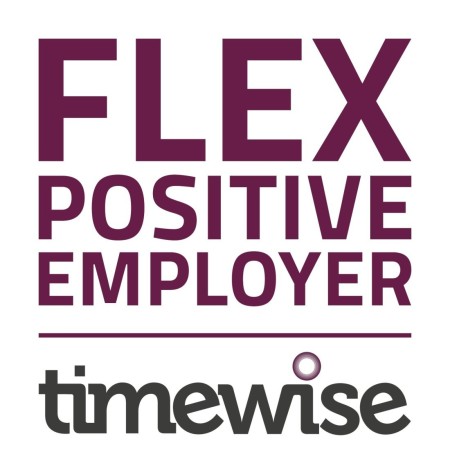What we did to deliver on the “We work flexibly” People Promise
In July 2021, we started readying the organisation for the new and improved Section 33 Agenda for change T&C. This would see us, overhaul our policy, processes and procedures.
We gathered a taskforce of senior leaders, across all divisions, as well as organisational enablers and thought about how we could get ahead of the changes and lead the way. We wanted the organisation to think differently about flexible working and all the benefits it could bring.
With a positive mindset and determination, our revised policy was ready to go in October 2021. In the short-term we decided to use a dedicated email inbox, to manage requests, while looking for a permanent solution. The process appeared to be working; more people were working flexibly; however, it was very resource intensive and not sustainable.
In April 2022 we moved all new requests to ESR, the functionality of the system had improved and would give us the oversight we needed. In the first year of going digital, applications tripled. The new process and policy were working.
Knowing that managers make the best decisions, when they have the most up to date information, including the rationale we launched our bespoke Flexible working manager training. This hour-long webinar-style included 4 key areas of focus:
Why? Our rationale for the changes – Sharing the attraction and retention benefits, which ultimately lead to better patient care.
What? – the basics, what is flexible working? What could it look like? What are the timescales and responsibilities.
How?– How we use ESR to manage and monitor requests
What if? The risks to the organisation if we don't, highlighting recent Employment Tribunal Cases, absence levels and turnover figures.
Since July 2022, ULHT have seen a month on month decrease in our turnover figures, meaning that more people are choosing to stay in the organisation. There are now 1000 more people working in the organisation then there was the same time last year. Showing that we are not only retaining more staff but attracting them too. This has seen a drastic reduction in our agency spend, meaning more money available to support us to deliver the outstanding care we all aspire to.
In the 2022 National Staff Survey, we improved across all the seven People Promises, and were the most improved Trust nationally for the for Flexible working indicator questions. Our staff told us they had a better work-life balance and that they perceived that the organisation was more committed to helping them achieve this. Staff also told us that they were more satisfied with the opportunities to work flexibly and felt that they were more able to talk to their manager openly about this. Really demonstrating the impact of all the support, we were providing managers. Highlighting the fact that: when managers are better informed, they make better decisions.
We know we are just at the start of our journey, and though our results look like we have it nailed, we know that there is so much more that we can do. That is why we are delighted to be working with Timewise, a social enterprise consultancy. Following an in-depth diagnostic and detailed debriefs, we have created an action plan that will see ULHT focus on improving our position on the flexible working maturity curve. We want to move from reactive to proactive. Where managers use flexible working as an enabler to create trust and foster relationships. We want to be known as a place where flexible working is celebrated. Though we acknowledge that not all roles in an acute hospital will be suitable for every type of flexible working, there should be flexibility in every role. Our vision is that you CAN work flexibly at ULHT, and we are looking forward to enabling that for our staff.


